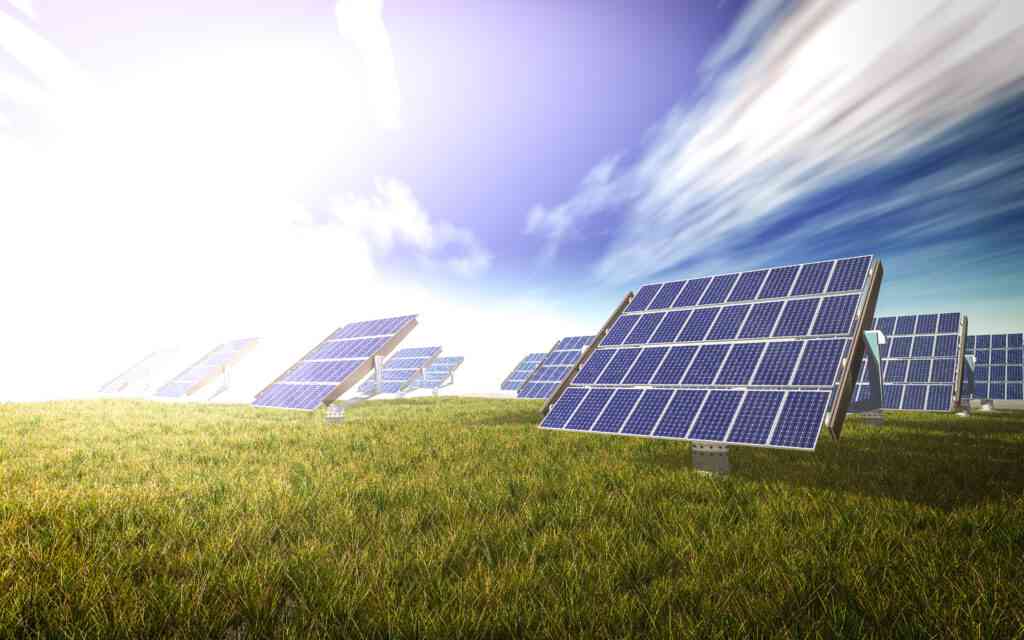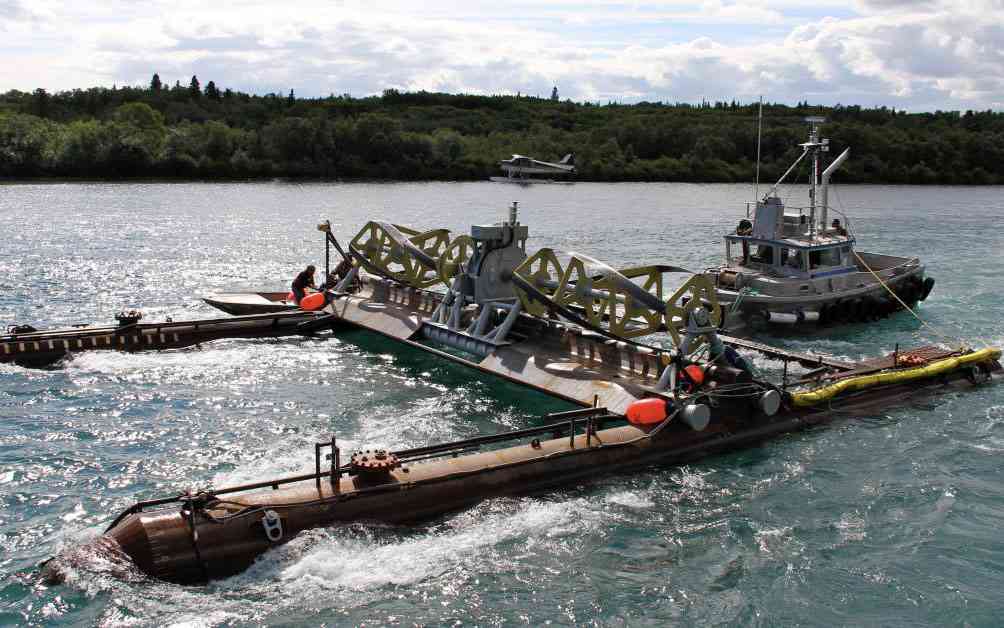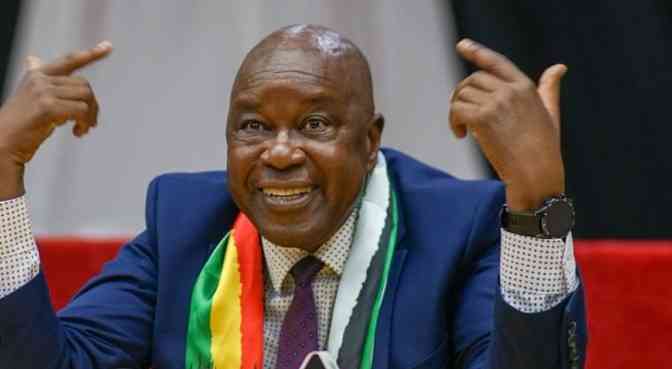
As the power sector continues to be the main continental agenda, it's indeed of paramount importance to understand key trends and goals which are called the 4 Ds. These 4 Ds are indeed shaping the power sector and have been aiming to create a more sustainable, resilient, and efficient power system for the future. As I'm going to expand and explain their roles in a more simplified format so as to accommodate none and technical readers, on how and why they matter, as well as some of their great benefits ,challenges, and risks associated with the 4 Ds and how stakeholders can play in implementing them. As they might seem difficult to say which one is more important than the other due to their interconnection as they play crucial roles in the energy transition.
Decentralisation
This refers to the shift from large scale, centralised power plants to smaller, distributed energy sources such as rooftop solar panels, micro grids, battery storage Decentralisation can can enhance the reliability and the flexibility of the power system, as well as empowering consumers to participate in energy markets.
Decentralisationcan be achieved by:
-Promoting and supporting the growth of distributed generation, by providing feed-in tarriffs(FIT) and net metering schemes. Zimbabwe has proved to be doing well though its net metering which is generating a sizable number of megawatts back into the national grid. Decentralisation has the capacity to reduce costs for interconnection and integration to the grid.
-Fostering the development of Energy communities, which enables consumers to share and trade their electricity with others by providing legal and regulatory recognition, incentives, and support, as well as facilitating the participation and collaboration of stakeholders.
-Enhancing the resilience and reliability of the power system, by using energy storage and smart grids which can provide backup power and ancillary services, as well as cope with the variability and uncertainty of renewable energy sources.
Benefits of decentralisation
- Power cuts spur Zimbabwe’s green energy revolution
- Power crisis needs practical solutions
- Mines propose fresh power import deal
- ‘$338 million for Bulawayo roads not enough’
Keep Reading
-Economic benefits, such as lowering investment and operational costs, increasing the energy efficiency and demand response, and improving the local energy security, Sovereignty, sustainability and access.
-Environmental benefits, such as reducing the transmission and distribution losses, supporting the integration of renewable energy sources, and reducing the greenhouse gas emissions and environmental impacts.
-Social benefits, such as empowering the consumers and prosumers, hence Fostering the development of energy communities, and promoting social and environmental justice.
Challenges and risks of decentralisation
-Technical challenges, such as ensuring Grid stability and power quality, managing congestion and voltage fluctuations, coordination of multiple actors and stakeholders.
-Economic challenges, such as creating market distortions, and inefficiencies, addressing the social and economic impacts and costs, ensuring a fair and just transition.
Digitilisation
This refers to the use of information and communication technologies to monitor, control, and optimise the operation and planning of the energy system across multiple pathways and scales. Digitalisation can enhance the performance, reliability, and security of the energy system, as well as create new value propositions, business models, and markets for energy services. In southern Africa we have our Southern Africa Power Pool which has one of the best SCADA systems, ensures quality and trading of Electricity electronically using state of the art modern technologies. Our own national power utility (ZESA) has its own information and technology department which sustains and maintains its back-bone through powertel.These technologies are extremely of greater importance as they contribute to easier monitoring, evacuation and grid stability.
How to achieve digitilisation
-Installing smart metres, smart devices, and smart platforms which can provide real-time data and communication, as well as balancing supply and demand, by providing feedback, incentives, and recommendations to consumers and prosumers.
-Using artificial intelligence (AI), machine learning (ML), and big data, which can improve the efficiency, reliability, security of the energy system , as well as reduce costs, emissions,and waste , by automating and optimizing various tasks and processes, such as customer service, marketing, software development and manufacturing.
-Using blockchain, internet of things, and edge computing, which can enable faster, more reliable,and more secure digital connections, as well as support the integration of distributed energy sources, autonomous transportation, and smart cities, by enabling decentralised and transparent transactions, and creating virtual replicas of physical assets and systems.
As nations continue to advocate for a single,clean and reliable energy supply, let's remember that energy sovereignty is the gateway to success.
* Engineer Edzai is the Power Giants Group Executive Chairman.
Email: [email protected]











